Chinese Researchers Bring Solid-State Batteries Closer to Reality: 620-Mile Range and Flexibility Without Compromise
Scientists in China have made a major breakthrough in solving one of the key challenges of fully solid-state lithium-metal batteries.
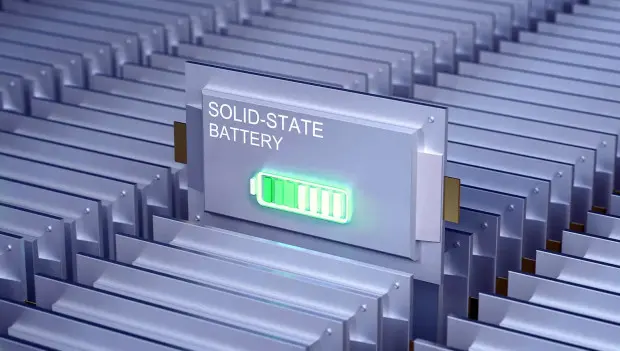
Researchers in China have taken a significant step forward in addressing one of the biggest obstacles to developing fully solid-state lithium-metal batteries. Thanks to their progress, a 100-kg battery pack could soon enable an electric vehicle to travel more than 1,000 kilometers (around 620 miles) on a single charge — roughly double the range of current EV batteries.
The main challenge lies in material incompatibility: solid sulfide electrolytes are extremely brittle, while lithium anodes are soft and pliable. This mismatch creates an uneven interface between the materials, impeding ion flow and reducing battery efficiency.
To overcome this, several Chinese research teams have proposed three innovative approaches:
-
The first solution, developed by the Institute of Physics at the Chinese Academy of Sciences, involves introducing iodine ions into the battery system. During operation, these ions migrate toward the boundary between the electrode and electrolyte, attracting lithium ions and filling microscopic gaps. This creates a tighter bond between layers, improving contact stability and battery performance.
-
The second approach, led by the Institute of Metals, focuses on a flexible polymer framework for the electrolyte. This new material can withstand up to 20,000 bending and twisting cycles without losing structural integrity. Chemical additives also enhance ion movement, boosting the battery’s capacity to nearly 86% efficiency.
-
The third method, proposed by Tsinghua University, uses fluorinated polyethers that reinforce the electrolyte while forming a fluorine-based protective coating on the electrode. This layer prevents short-circuiting under high voltage and improves safety — even at temperatures reaching 120°C (248°F).
Together, these developments bring solid-state lithium-metal batteries closer to commercial reality, promising longer driving ranges and enhanced safety. However, before large-scale production can begin, the technologies must still undergo industrial testing and refinement.
One can’t help but wonder — while Chinese scientists are pushing the boundaries of next-generation battery research, where do American researchers stand? When will we see homegrown breakthroughs in advanced energy storage technology?
You may also be interested in the news:
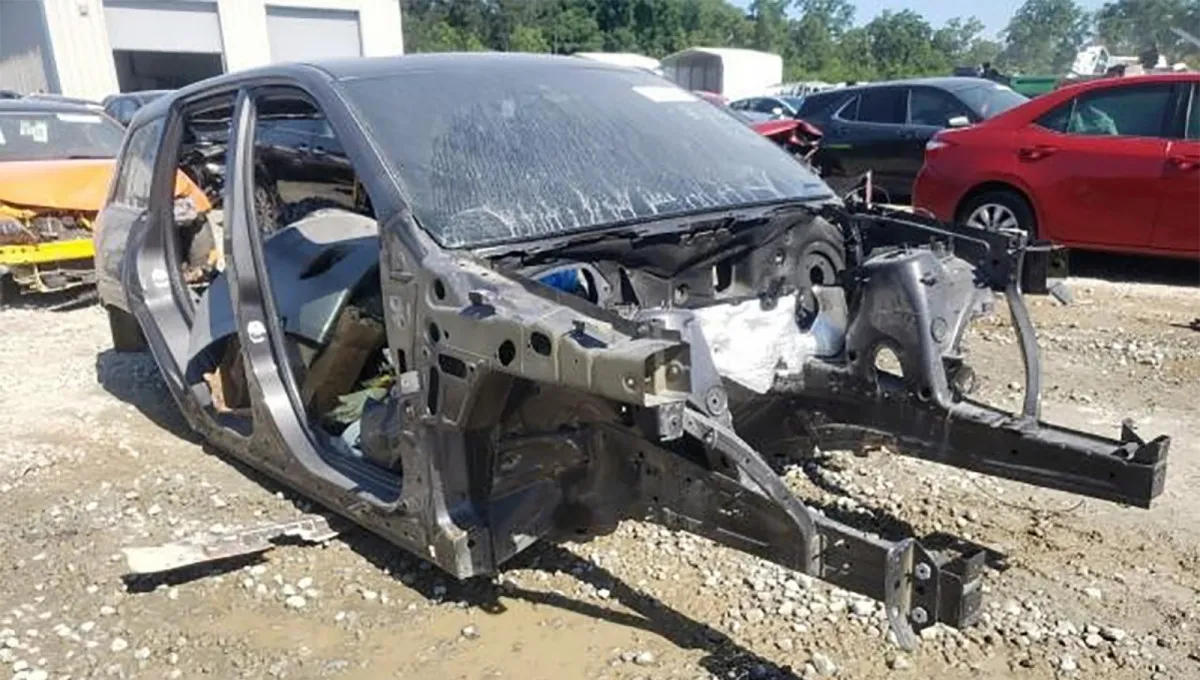
New Jersey Mystery: Missing Car From Bloomingdale Repair Shop Turns Up in a Crusher
Ever get nervous about leaving your vehicle at a repair shop? If not, this case out of New Jersey might change your mind.
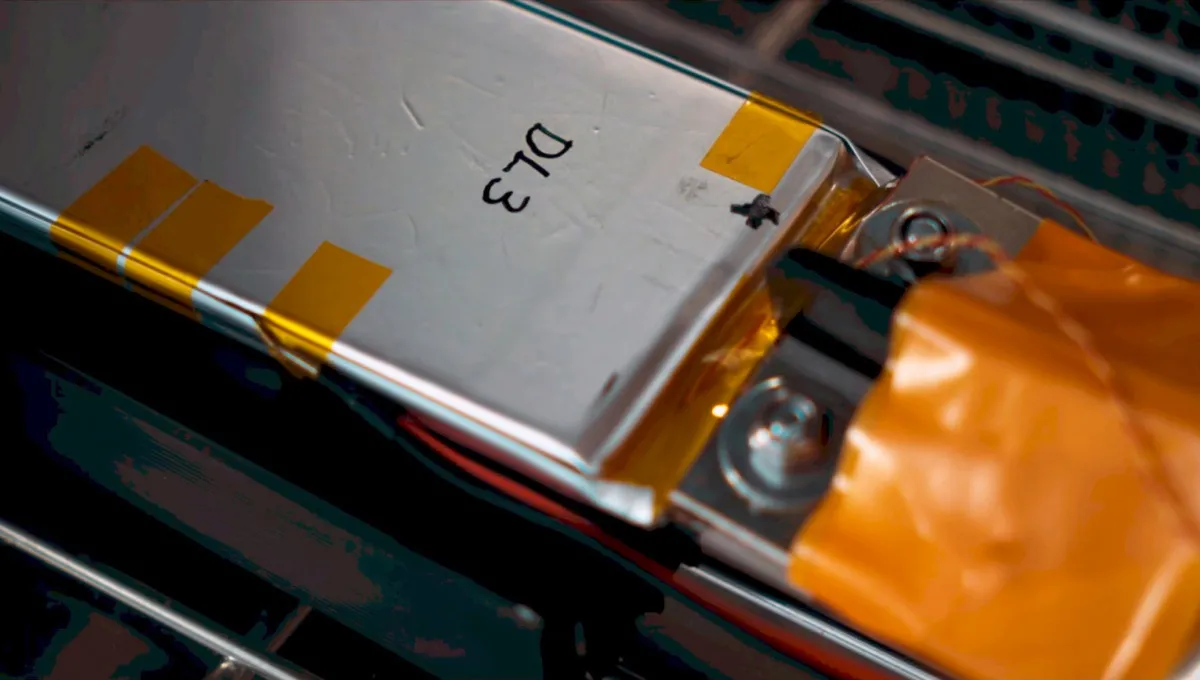
Donut Lab’s Solid-State Battery Delivers Eye-Opening Charging Results in First Independent Test
Donut Lab turned heads at CES 2026 when it revealed plans to bring what it calls the first commercially available solid-state battery to market.
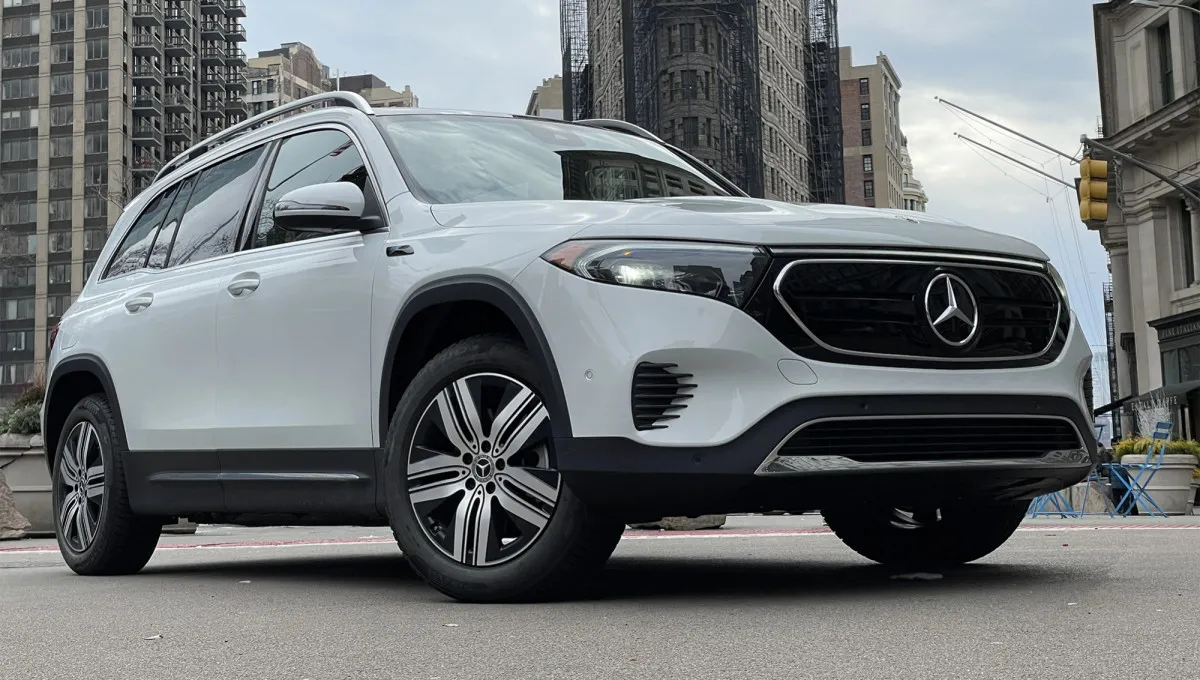
20,000 vehicles recalled by Mercedes-Benz: uncontrolled fire risk identified
Nearly 20,000 Mercedes-Benz EQA and EQB electric crossovers have been found to have issues with their traction batteries.
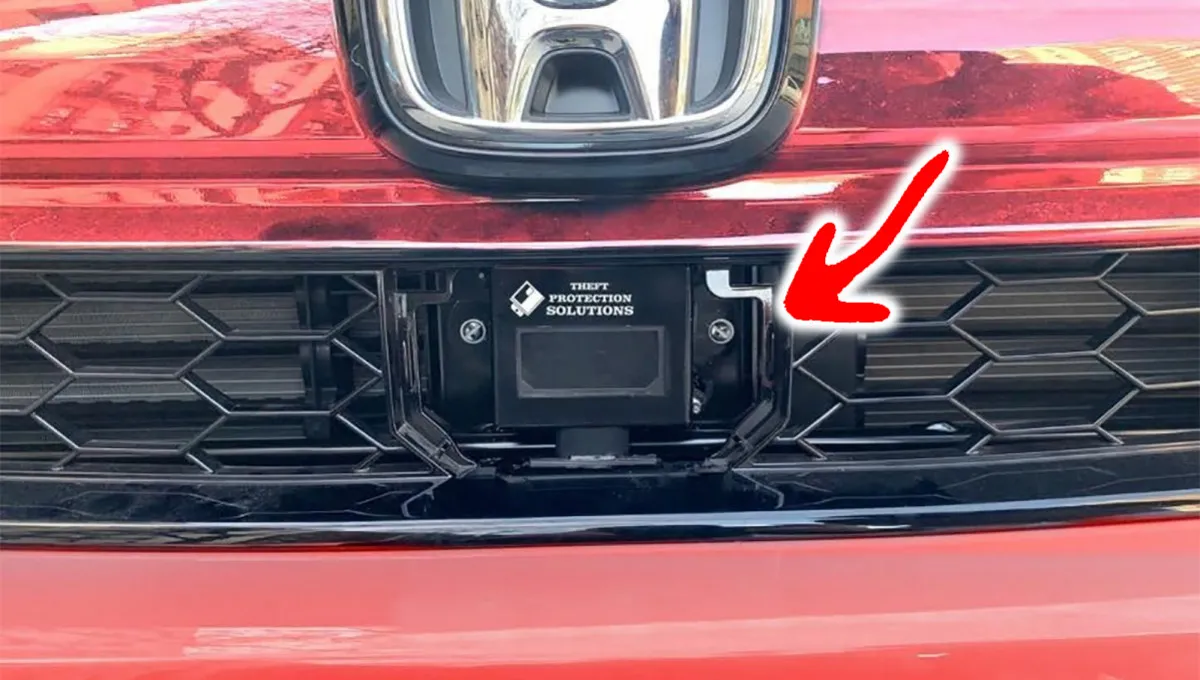
Wave of Radar Sensor Thefts Hits the U.S.: Honda and Mercedes Owners Warned About New Scheme
Not long ago, Americans were dealing with widespread catalytic converter thefts targeting vehicles parked right on public streets.
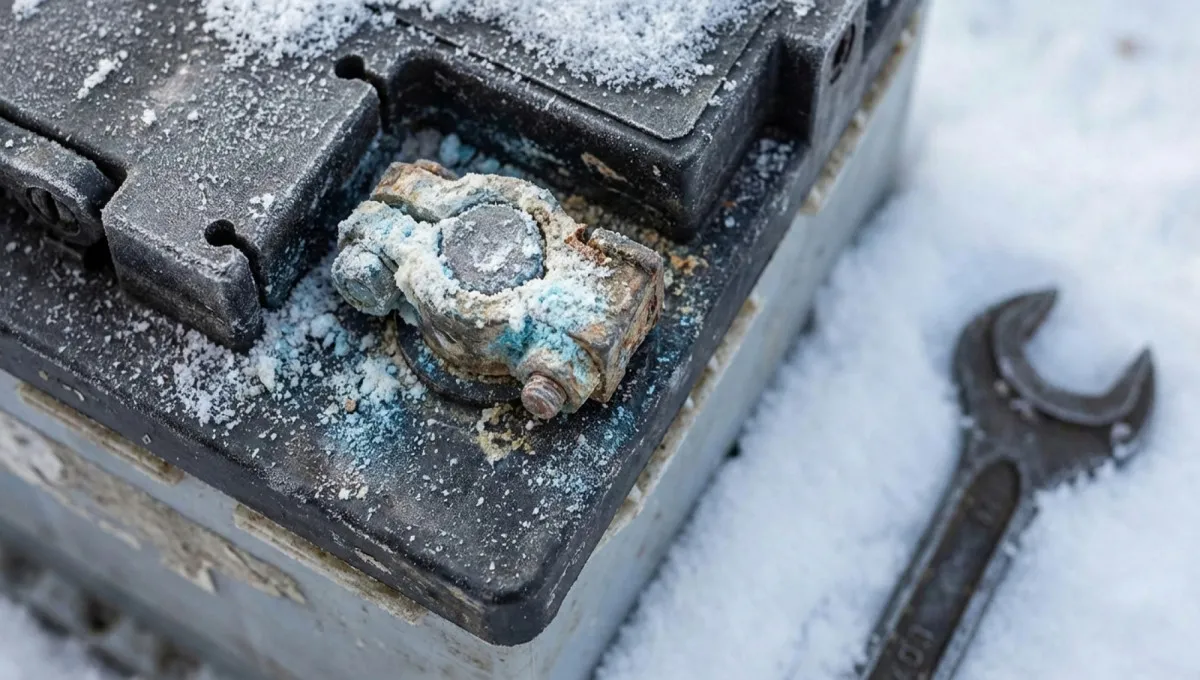
Don’t Rush to Buy a New Battery: 2 Tricks to Start Your Car Even at -22°F
Admit it — nothing’s worse than hearing “vrrr… vrr… k…” when you’re running late on a freezing winter morning.